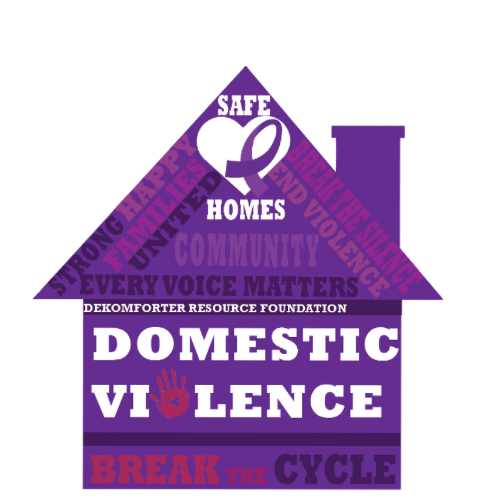Supporting low-income families is vital for fostering community well-being, reducing poverty, and promoting social equity. Community initiatives serve as essential lifelines, providing necessary resources and support that empower families to thrive. Here are some key ways in which these initiatives make a difference:
Essential Community Resources
Food Banks and Nutrition Programs: Food banks play a crucial role in alleviating food insecurity by providing free or low-cost groceries to families in need. Many communities also offer nutrition programs that educate families on healthy eating habits, meal planning, and cooking skills, ensuring they can make the most of available resources.
Affordable Housing Projects: Access to safe and affordable housing is fundamental for family stability. Community initiatives often focus on developing affordable housing options, helping low-income families secure stable living environments. These projects not only provide shelter but also foster community connections and a sense of belonging.
Skill Development and Employment Support
Job Training Programs: Many community organizations offer job training and skill development programs aimed at helping low-income individuals gain the qualifications needed for stable employment. These programs may include vocational training, resume workshops, and interview preparation, ultimately increasing participants’ employability and income potential.
Financial Literacy Workshops: Local organizations often conduct financial literacy workshops designed to equip families with essential budgeting skills and financial management techniques. By educating participants on topics such as saving, credit management, and debt reduction, these workshops empower families to improve their financial situations and work toward long-term stability.
Building Support Networks
Mentorship Programs: Mentorship initiatives connect low-income families with mentors who provide guidance, resources, and emotional support. These programs can help families navigate challenges, access services, and build valuable networks that promote personal and professional growth.
Community Centers and Resources: Community centers serve as hubs for information and support, offering access to a wide range of resources. These centers can provide referrals to various services, including healthcare, legal aid, and educational opportunities, ensuring families can find the help they need.
Investing in Community Initiatives
Investing in community initiatives is a critical step toward empowering low-income families to achieve stability and self-sufficiency. By fostering an environment of support and opportunity, we contribute to building a healthier, more equitable society. Collaboration among local governments, businesses, and non-profit organizations can enhance the effectiveness of these initiatives, ensuring that families receive the comprehensive support they need to thrive.
In conclusion, by prioritizing and investing in community initiatives, we can create a brighter future for low-income families, helping them overcome obstacles and realize their full potential.
